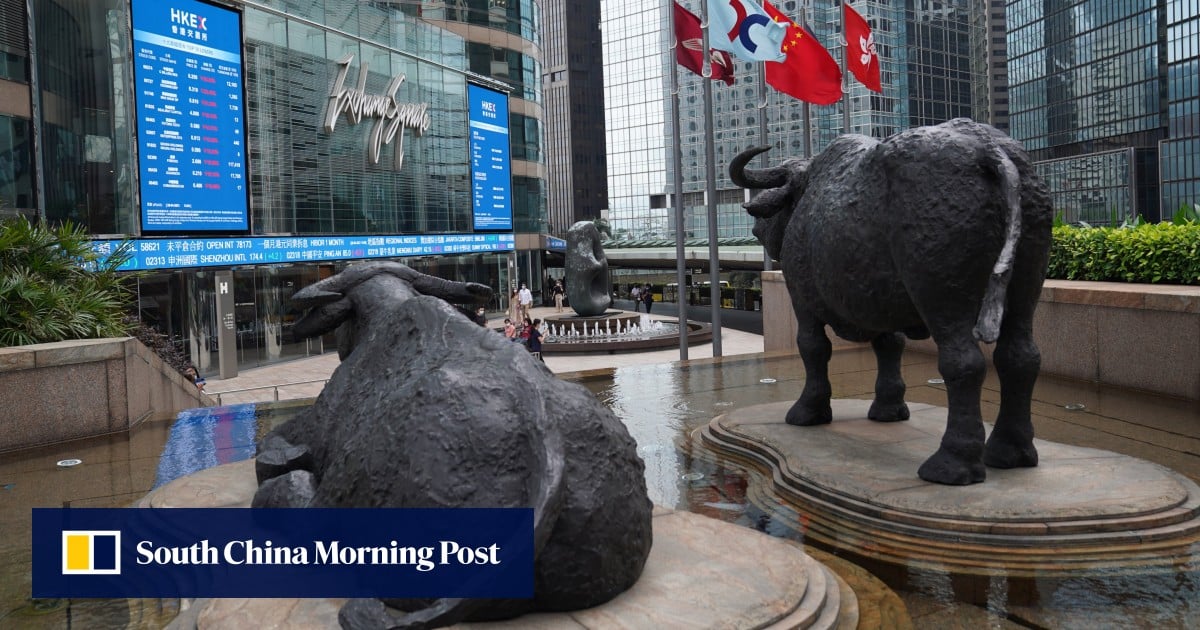Most forecasters would relatively fail to remember 2022. Hardly ever have so lots of prognosticators been so improper as they had been in handicapping the 12 months just ended, which really should provide as a further reminder not to count also heavily on quick-operate predictions in developing prolonged-time period expense portfolios.
Nevertheless, what pleasurable would New Year’s be without having an intrepid preview of coming sights? With an considerable dose of humility, right here goes.
— Inflation. With handful of exceptions, most economists skipped this a person. A surge in demand blended with offer chain disruptions induced inflation to warmth up in 2021, but most experts, including the Federal Reserve, envisioned price tag disruptions to be “transitory.” In its place, 2022 proved to be even hotter. The Philadelphia Fed survey of Qualified Forecasters predicted that CPI inflation would regular 2.7% in 2022. The actual number is nearer to 7.7% and its stubbornness required a drastic change in Fed coverage.
Assume inflation to decrease all over 2023 but not achieve the Fed’s 2% goal by year’s conclusion, ending up about 3% to 4% by December. Although selling prices are moderating in sturdy products and energy, some elements of the CPI like rents, providers and wages are likely to be “sticky” and will get more time to tame.
— Desire fees. The moment the Fed recognized the persistence of inflation, it acted aggressively, elevating benchmark desire charges from .25% to 4.5% concerning March and December, the largest single-calendar year percentage improve on record. Also, the central bank has been allowing its large equilibrium sheet to shrink as bonds in its portfolio experienced, even more tightening monetary conditions.
Nonetheless, the task is not entire. Interest fees keep on being underneath the Fed’s favored inflation evaluate, which implies that real rates are nevertheless damaging. Charges will have to increase above the inflation fee and remain increased for a sizeable period of time, suggesting added hikes in February and March, then holding continuous for the rest of the calendar year. While markets have fallen victim to bouts of magical imagining, the Fed has persistently affirmed its solve not to repeat the problems that led to the stagflation of the 1970s.
— Economic downturn. Presented the nicely-documented stubbornness of inflation, the Fed’s actions are possible to direct the U.S. into a economic downturn by mid-2023. Interestingly, if it takes place, it would be the most greatly anticipated downturn in background.
Odds are the recession will be rather benign, as the disorders are absent for a critical shock like the insolvency in the banking technique leading to the 2006 financial disaster. In point, the economic downturn could confirm so mild that GDP remains flat or declines only a little for the full calendar year 2023 even though unemployment rises to 4.5%-5%. In the mixture, households even now have financial savings in the lender, but surging credit rating card balances and increased retail financing premiums will retard client paying out, which tends to make up two-thirds of the financial state.
— Inventory sector. Wall Road analysts prefer not to discuss their 2022 marketplace expectations, for fantastic cause. Individuals that predict stock costs perform an significant job in modern society: producing climate forecasters glance prescient. Goldman Sachs, for illustration, forecasted the S&P 500 to attain 10% during 2022, a much cry from the double-digit losses eventually sustained. In their protection, the base situation was for decreased curiosity premiums and transitory inflation that may have supported extra strong returns but did not occur.
Predicting the stage of stock prices would be equally futile in 2023, but we can acquire notice of some headwinds. Bigger desire fees and slowing need will pinch company profits, estimates of which are arguably way too optimistic now. This would boost downward tension on stocks into the new yr.
The improved information is that the inventory sector normally bottoms just before the stop of a economic downturn and some of the most swift gains happen when sentiment is most pessimistic. If certainly the economic system is emerging from economic downturn by calendar year end, shares might have by now sniffed out the nascent recovery and begun pricing in greater progress for 2024. The base line for traders is that option will be afoot.
— Bitcoin. Severely?
(Disclaimer: the previous need to not be seen as a recommendation to invest in or promote any stability. Talk to your financial investment advisor in advance of investing in Dutch tulip bulbs, Cabbage Patch Dolls or cryptocurrency).
— Politics. Probably the major threat for the calendar year ahead is not inflation or the stock marketplace but Congress. Though both of those residences handed an omnibus spending invoice last 7 days avoiding a authorities shutdown, some customers are presently rehearing for the biennial Theater of the Absurd featuring the financial debt ceiling. An archaic relic from WWI, Congress will have to periodically boost the statutory personal debt restrict allowing for the U.S. Treasury to elevate the cash Congress has previously expended. Failing to do so would precipitate a catastrophic default, but in recent many years some associates have leveraged this danger to extort attention to their individual priorities. These brinksmanship by now cost the U.S. its at the time pristine AAA credit rating. An additional episode could exacerbate a mild economic downturn into a crash landing and potentially erode the preferential standing of the dollar. This horror clearly show is scheduled to open sometime all over September. Here is hoping it receives lousy reviews and closes early.
Some of these broad themes might assistance inform buyers in rebalancing portfolios or underweighting certain sectors. But it bears repeating that whilst forecasts are a fun New Year’s custom, they are generally completely wrong, and the vital to lengthy-expression investing accomplishment is sustaining consistency and self-discipline in the experience of unsure times.
Christopher A. Hopkins is a chartered economical analyst and co-founder of Apogee Prosperity Partners.










